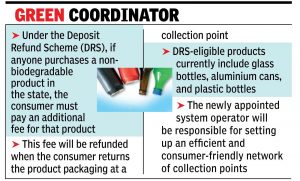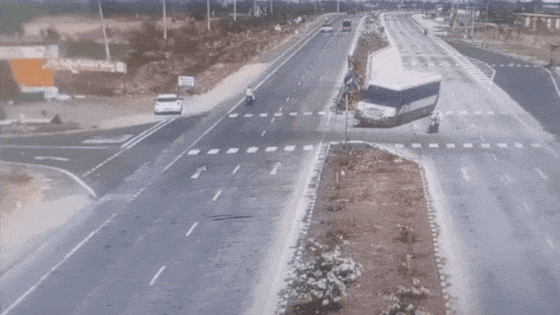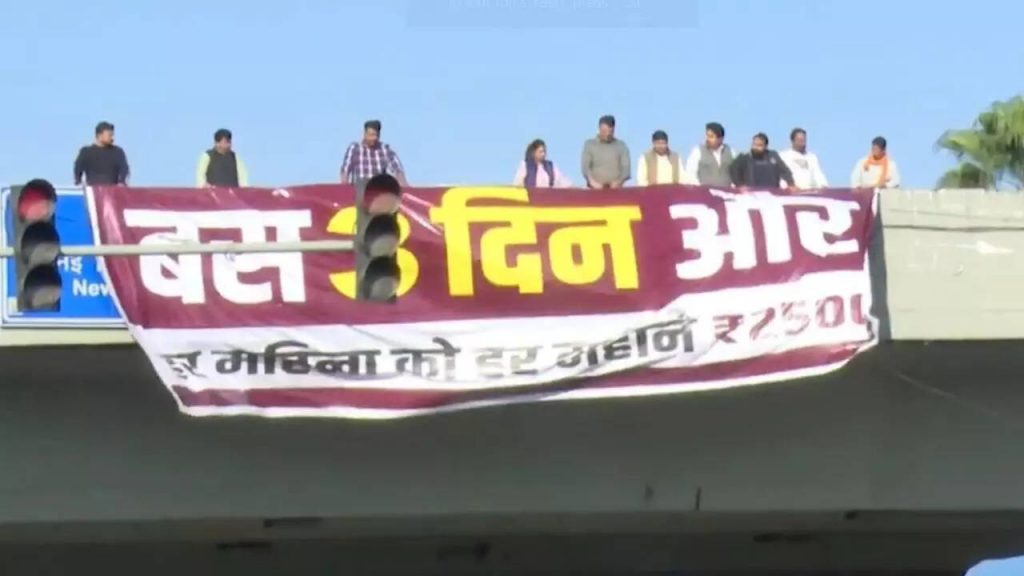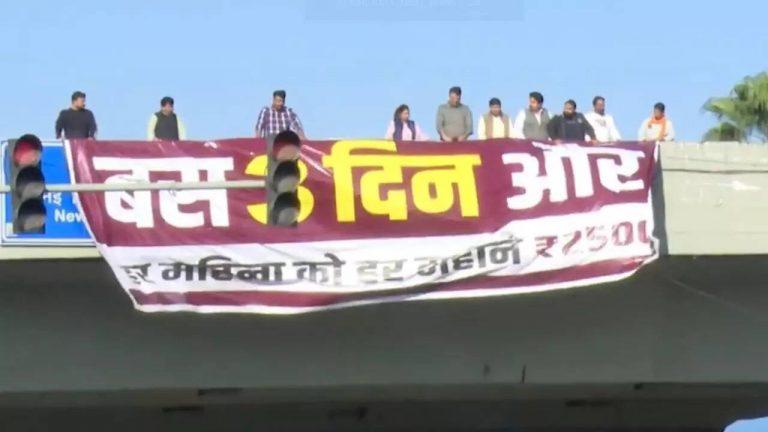The Tamil Nadu government’s proposed waste management strategies in the 2025-26 budget have raised concerns about the potential risks to public health and the environment. The budget includes plans for waste-to-energy plants and a clean-up drive, but also encourages industries that could lead to increased pollution levels. This approach has been criticized as an unsustainable solution to the plastic crisis facing the state. Environmental activists and experts warn that burning waste can release harmful toxins into the air, further exacerbating pollution levels and posing serious health risks to residents. The government’s emphasis on waste-to-energy plants as a primary solution to the plastic crisis has been met with skepticism, as it fails to address the root cause of the issue – the excessive production and consumption of single-use plastics. Critics argue that promoting industries that contribute to pollution contradicts the government’s efforts to improve waste management practices and protect the environment. Sustainable waste management solutions, such as recycling, composting, and reducing plastic usage, are seen as more effective ways to address the plastic crisis in Tamil Nadu. By prioritizing these environmentally friendly practices, the government can work towards a cleaner and healthier future for its citizens.
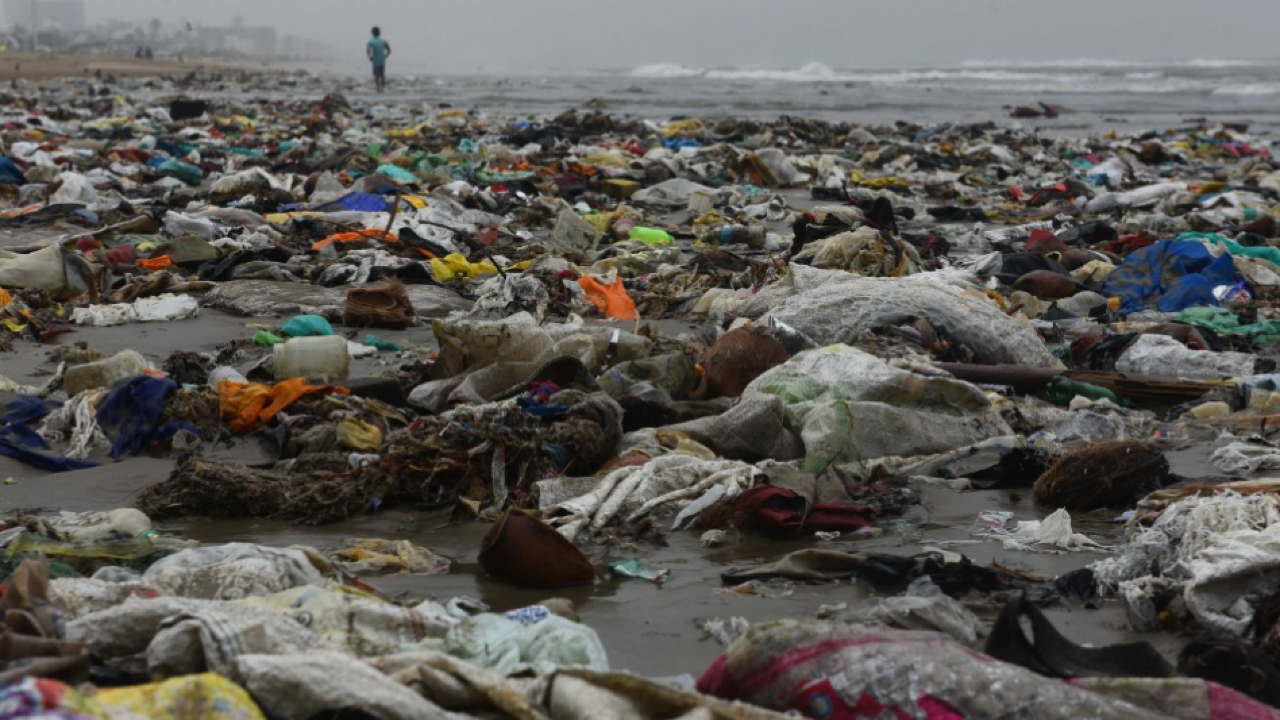
Posted in
JUST IN
Tamil Nadu’s Budget Promotes Unsustainable Waste Management, Ignoring Plastic Crisis: Environmentalists Sound Alarm
In Trend

“Chennai Metro Rail successfully tests driverless train up to Porur Junction, paving the way for automation.”
